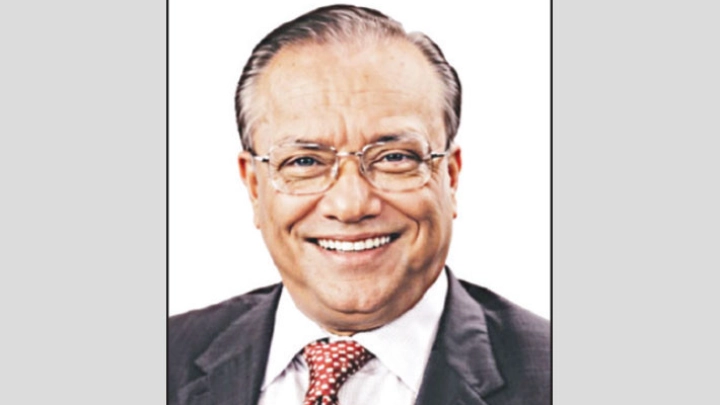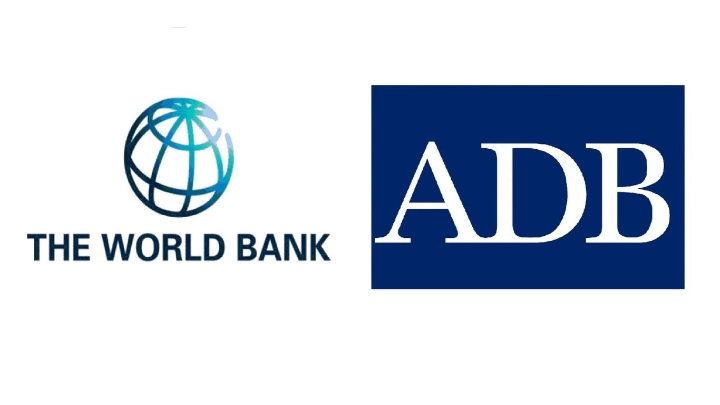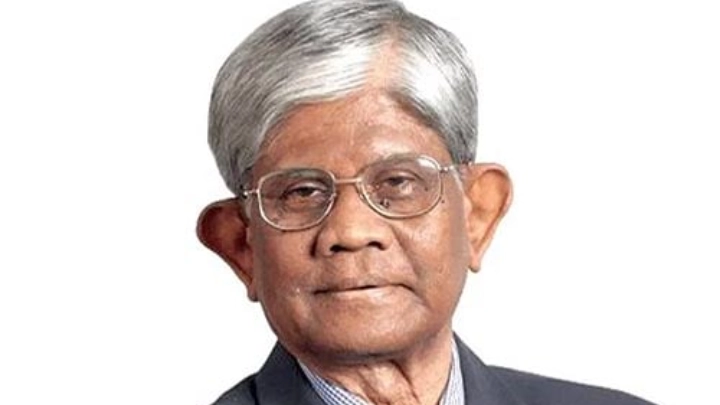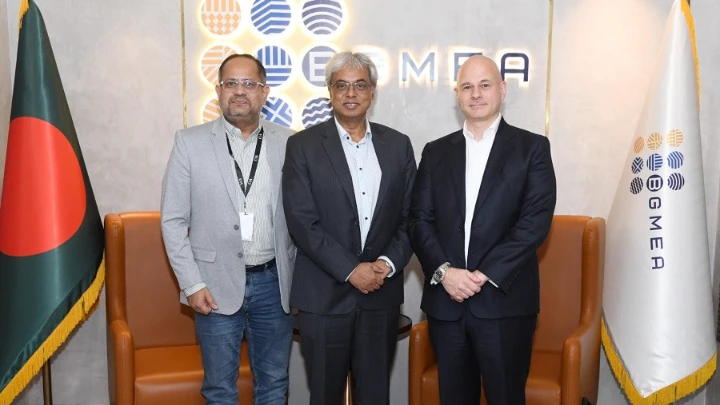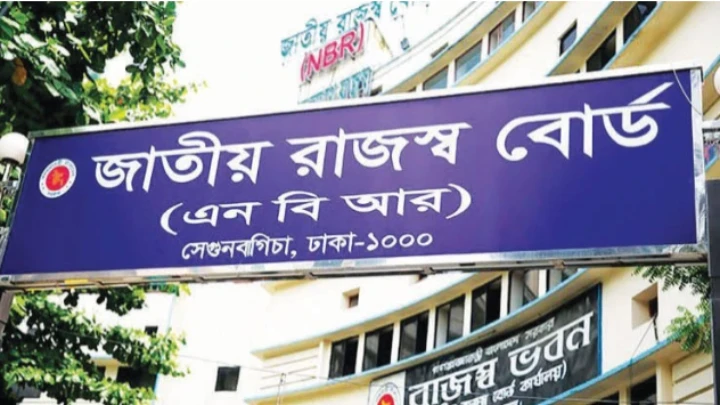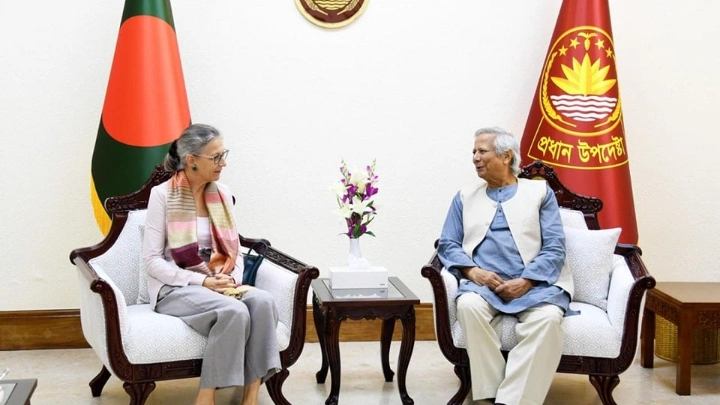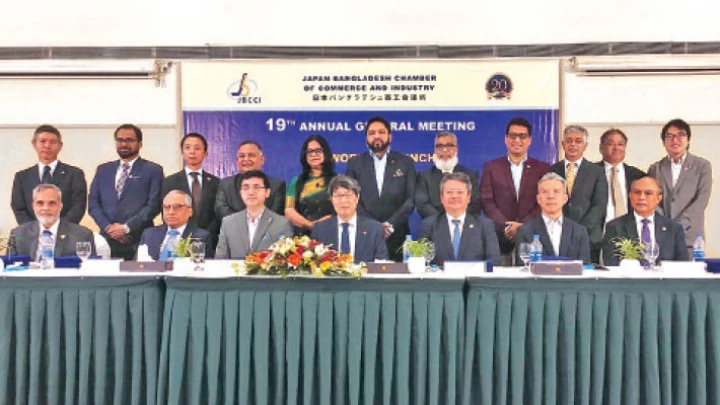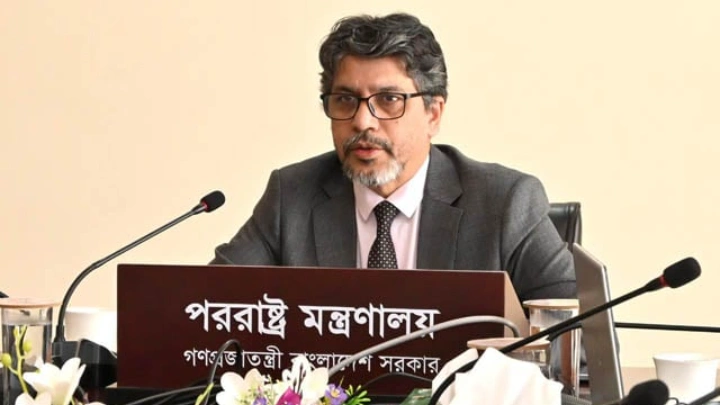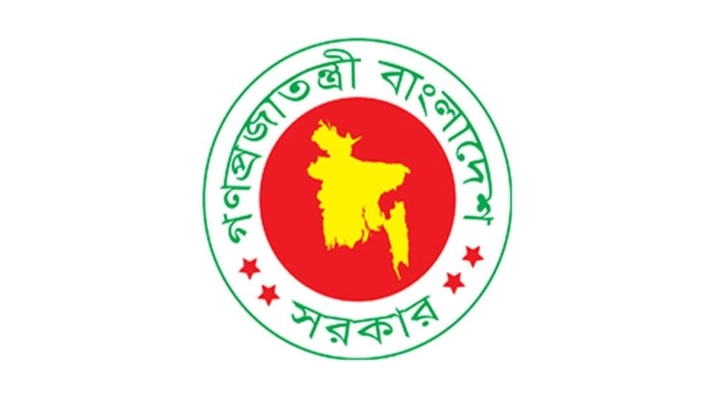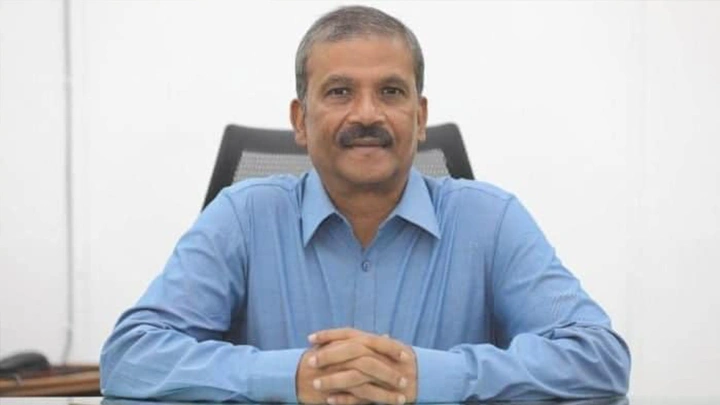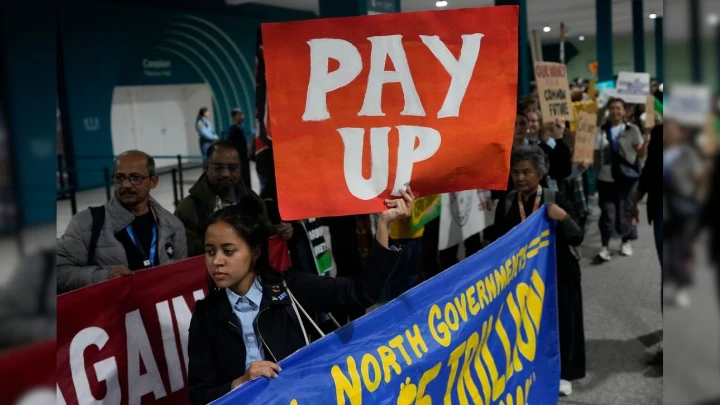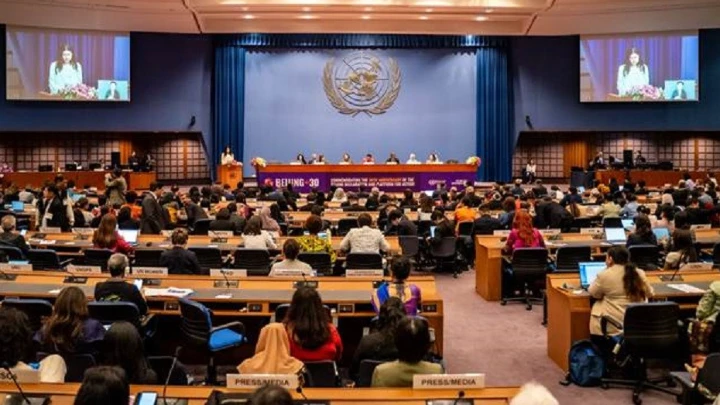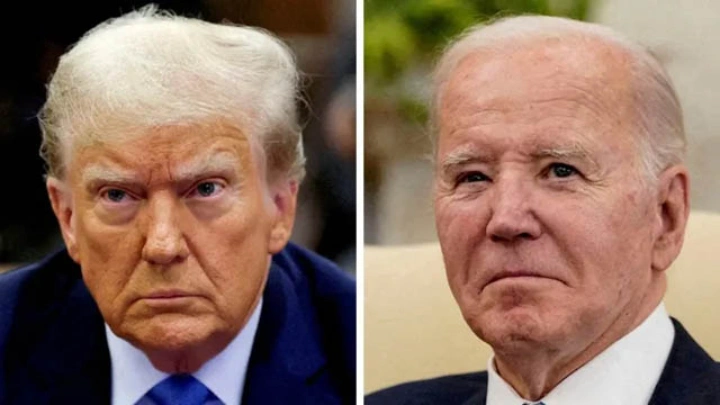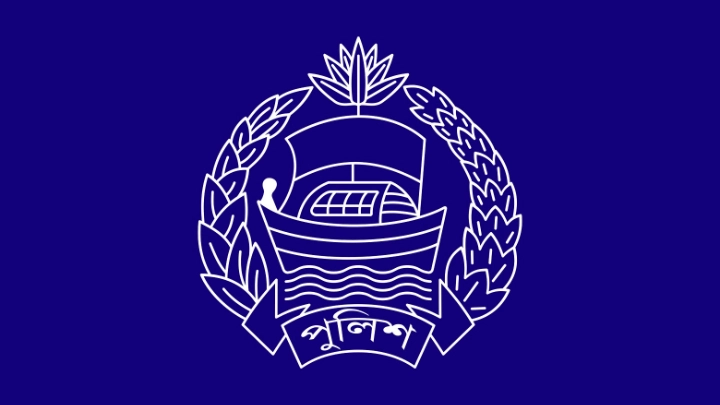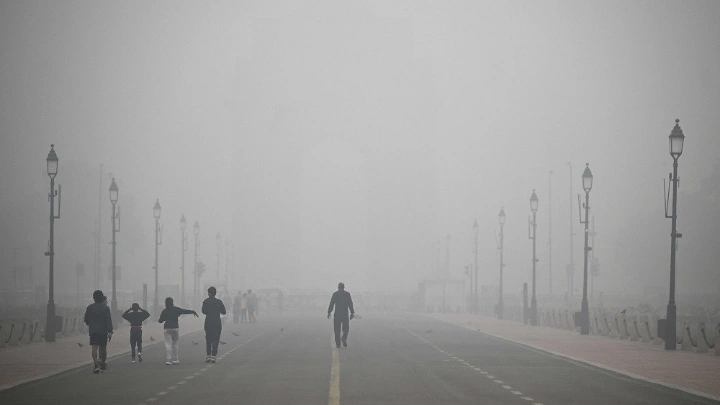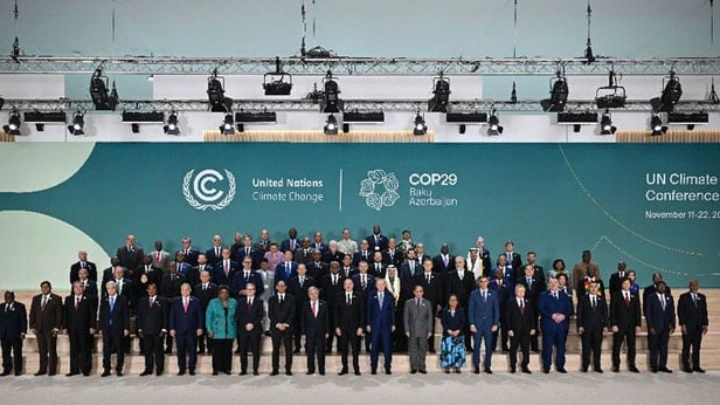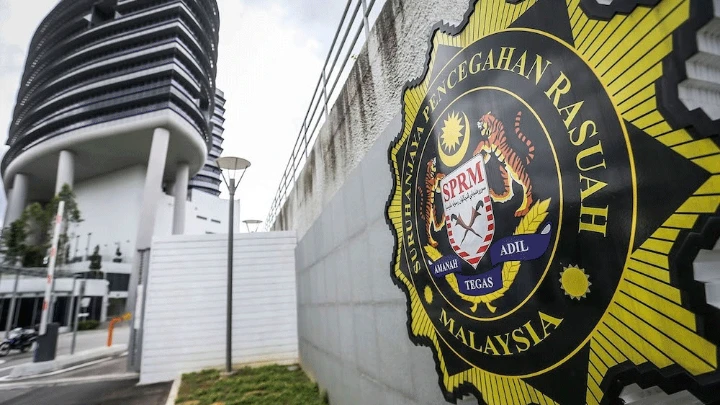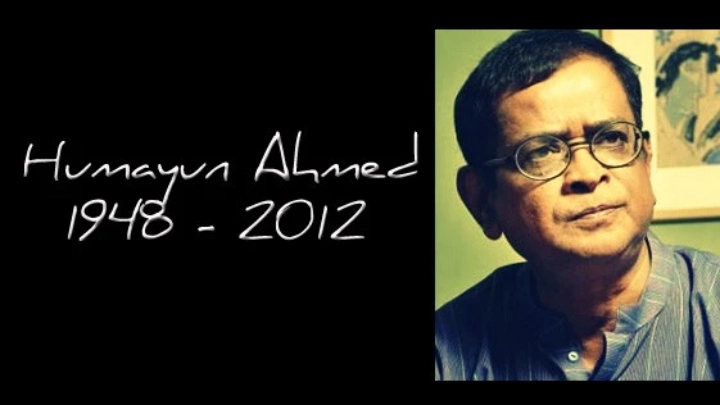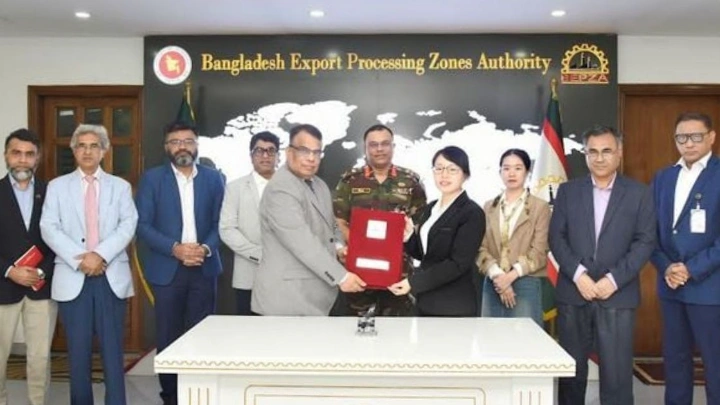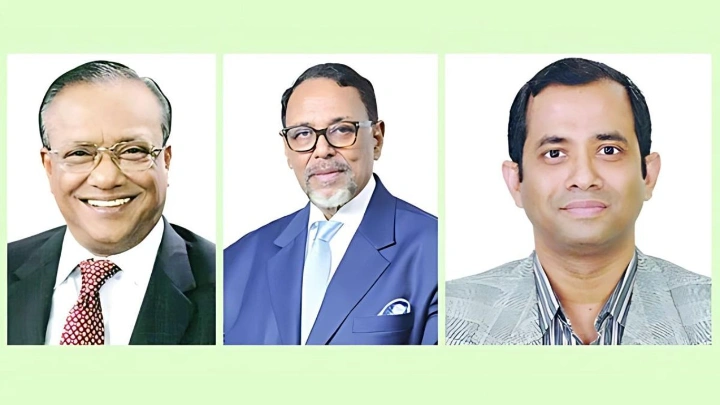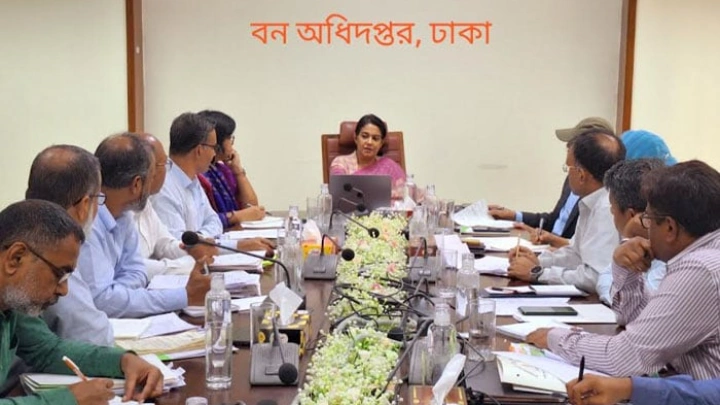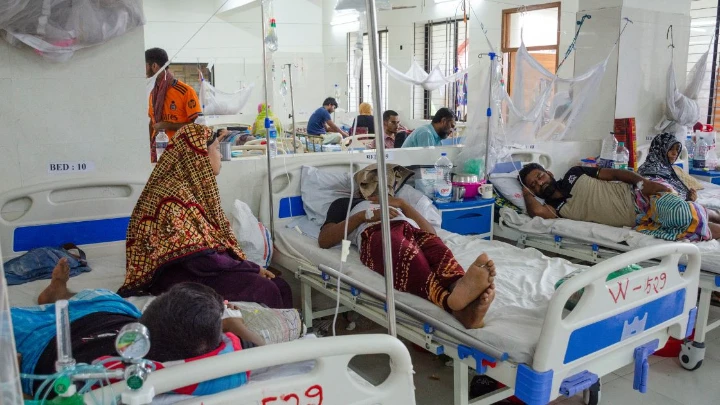Central bank should be reformed first
DailySun || Shining BD
Describing the Bangladesh Bank as the ‘most dictatorial’ institution in the country, former President of the Federation of Bangladesh Chambers of Commerce and Industry (FBCCI) Abdul Awal Mintoo has suggested that the central bank should be reformed first.
Speaking at a dialogue titled “Business Environment Reform in Bangladesh: Agenda for the Interim Government” organised by the Centre for Policy Dialogue (CPD) on Sunday, he also warned against the arbitrary closure of any bank on the pretext of reforms.
Mintoo, also chairman of National Bank Ltd and a BNP vice-chairman, alleged that the BB’s actions have severely damaged the stability and performance of commercial banks across Bangladesh. “The central bank urgently needs restructuring to put an end to its authoritarian practices. Those who have been affected most by these dictatorial approaches must be included in the process of forming banking policies,” he said.
He further said, “Everyone is talking about reform, but who will do it -- the interim government? This is an ongoing process and a country can’t be changed completely within a short time.”
Criticising the BB’s decision not to print money, Mintoo said, “The notion that printing money will increase inflation is not entirely correct. The amount of currency said to be in circulation is not actually present in the market. Whenever someone’s house is raided, sums of money ranging from one crore to five crore or even 10 crore are being discovered. These funds were not impacting the market. Additionally, if you go 10 kilometres inside India from the Bangladesh border, Bangladeshi currency is also in circulation there.”
The business leader questioned whether there is any study to determine how much money can be printed and released into the market without impacting inflation.
Emphasising political reform first, he said, “It must be prioritised above all else. Otherwise, what hasn’t been achieved in the last 40 years will remain out of reach in future as well. If corrupt individuals are the ones to carry out reforms, it won’t yield any positive results,” he added.
About CPD Research Director Khondaker Golam Moazzem’s suggestion for closing down some banks, the former FBCCI president said, “I disagree with the idea of closing down banks indiscriminately. If someone commits corruption in the banking sector, they should be punished, but we can’t say all banks should be closed.”
At the event’s open discussion session, business leaders highlighted various obstacles to the country’s trade and commerce. They alleged that bribes must be paid at different stages, starting from the initiation of a business to interactions with government offices. Bribes are also reportedly involved in tax payments.
To overcome corruption and bribery cycles, business leaders urged the National Board of Revenue (NBR) to develop special policies for each of its departments.
They also called for swift and implementable reforms in the banking sector.
Zaved Akhtar, president of the Foreign Investors’ Chamber of Commerce and Industry, said, “We face the risk of falling into the middle-income trap. To mitigate this risk, we must take precautionary measures in advance.”
Ashraf Ahmed, president of the Dhaka Chamber of Commerce and Industry (DCCI), stated, “The primary issue in commercial activities is corruption. To expand business opportunities, irregularities and corruption in government offices must be eliminated.”
Fazlee Shamim Ehsan, executive president of the Bangladesh Knitwear Manufacturers and Exporters Association, emphasised, “We must find ways to break free from the cycles of corruption and bribery. If separate policies for customs, VAT and other departments of the NBR, along with digitalisation, are implemented, corruption could be reduced by half.”
The event, chaired by CPD Executive Director Fahmida Khatun, featured Lutfey Siddiqi, special envoy on international affairs to Chief Adviser Prof Muhammad Yunus as the chief guest.
Lutfey Siddiqi stated, “If necessary, a Business Regulatory Reform Commission will be formed. There’s no conflict of interest at the highest levels of the current government. We’re changing the government’s approach to work, and problems can be resolved quickly through discussions.”
Presenting the keynote paper, Moazzem highlighted 32 issues that may pose significant challenges for the country over the next two years. These include inflation, natural disasters, air-water-soil pollution, financial slowdown, unemployment, poverty, corrupt economic activities and energy crises.
Shining BD

